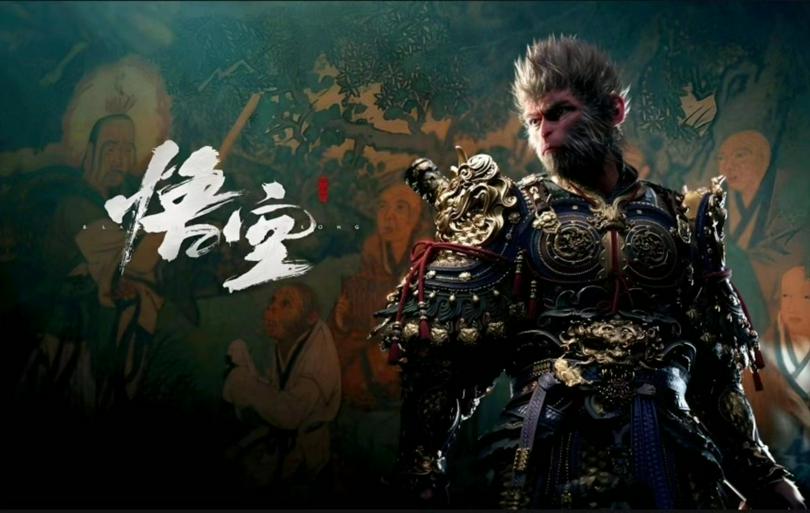Recently, China's AAA game Black Myth: Wukong has become a hot topic and has sparked a tourism boom in Shangxi province, home to 27 of the 36 ancient architecture locations featured in the game.
The popularity of the game has initiated discussions among some Christians. While the game is well-made, it’s heavily influenced by Buddhist elements. Some wonder, what if the church had games like this—wouldn’t it help people better understand the gospel? Others ask why Christian-themed video games are almost non-existent. How should we view these concerns?
First of all, the Chinese Church is conservative on the whole because of its believer structure and theological teaching. Most people are still critical of and oppose games, as they believe that indulging in games will negatively affect daily work and life. Games can also lead to addiction, and man could be game-ruled and lose their godliness to the Lord.
In such an environment, few will think of spreading Christianity through games. After all, it is difficult to get the support of the churches, and it is more likely to cause undue controversy. A preacher pointed out that he once had the idea but hardly got support in the church. When most people are negative about games, it is naturally difficult to produce games with Christian elements.
Secondly, the success of Black Myth: Wukong isn’t due to its religious aspects, but rather its fusion of cutting-edge technology with a famous Chinese novel. A game focused purely on spreading religious messages would struggle to gain mainstream acceptance and might only resonate within faith communities. Journey to the West, the novel behind the game, uses Buddhist and Taoist elements as a backdrop, but its real strength lies in its critique of society and celebration of heroism. People's love for this novel is not because it spreads religion, but the charm of the Monkey King, Zhu Bajie, and other characters. What's more, the works contain a lot of mockery and criticism towards religion.
Due to the lack of a wide audience of pure religion-theme games, it is impossible to focus on religious themes in the interest-oriented game industry. Even Christian enterprises will not develop products only for the mission but lack economic benefits. An owner of a Christian software company once had the idea of developing a game about Christianity but decisively chose to give up after in-depth market research. The lack of a wide audience is an important reason for the absence of Christian games.
Finally, although there are no pure Christian games, some games still contain some Christian elements. For example, Matteo Ricci and Xu Guangqi appeared in a simulated game of the late Ming Dynasty named Canal Towns, while Joan of Arc, Godefroy de Bouillon, Baldwin IV, and other notabilities in the church history appeared in the war game Blood of Steel. In addition, a preacher who has played Arknights for a long time pointed out that the game has many Christian nouns for reference.
As such, some games may not be aimed at spreading the gospel, but there are many church-related elements, which is positive for people to become interested in and deepen their understanding of Christianity. People who want to develop games can start from this angle.
In short, whether there are Christian games is not the key, as a mission is different from games and should not be bound together. The developer of Black Myth: Wukong draws materials from novels rather than preaching religion. If you want people to know about Christianity in the game, you can integrate related elements into it.
(Originally published by the Gospel Times, the article has been edited under permission and the author is a a Christian in Fujian.)
- Translated by Oliver Zuo












